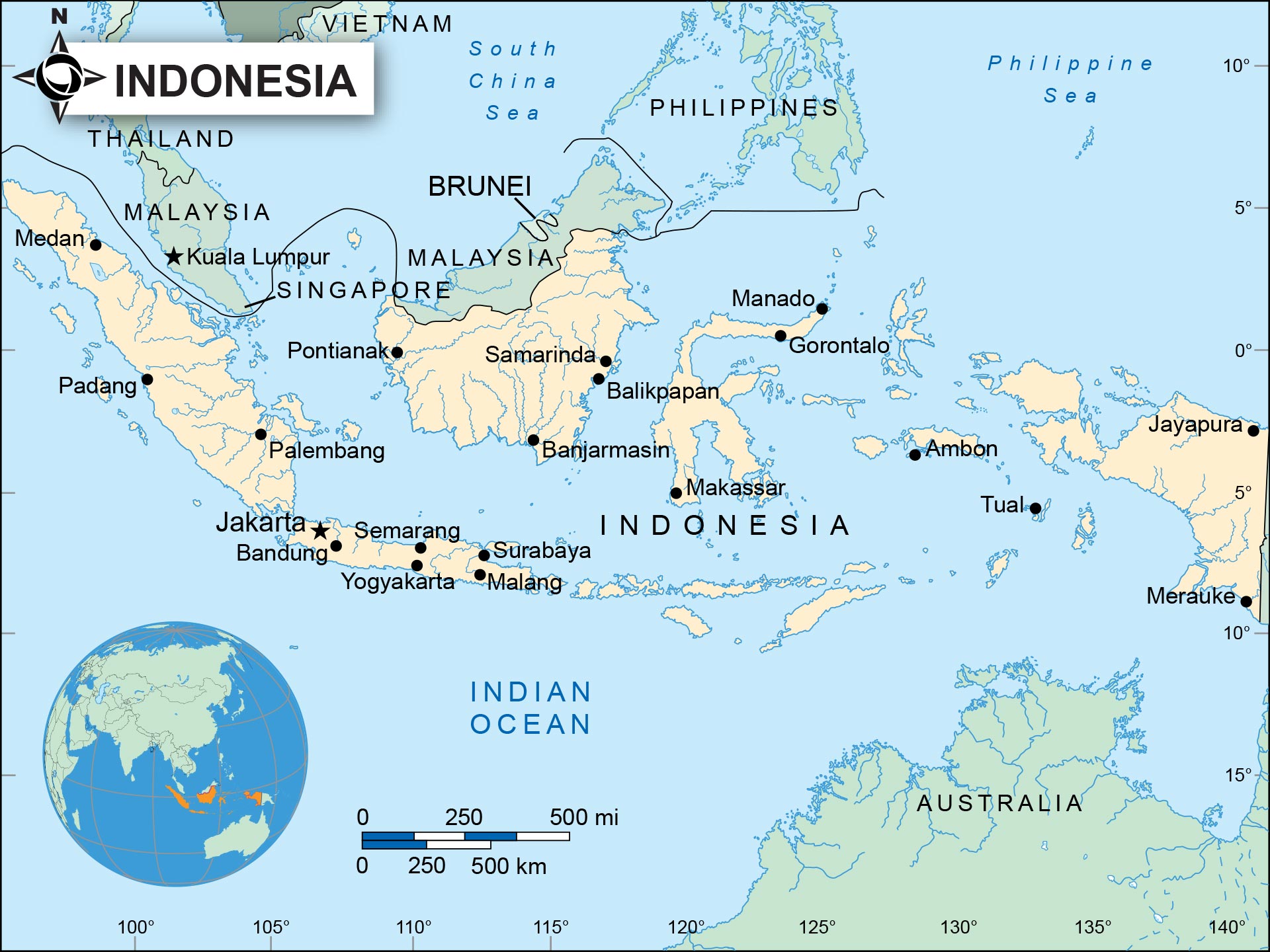

Indonesians generally value loyalty to family and friends. They are often friendly and quick to smile, even at strangers. Instead of saying Tidak (No), Indonesians indicate their refusal by saying Terima kasih (Thank you) while shaking the head and placing a hand in front of the chest with the palm facing the other speaker. Laughter is used to diffuse tense situations. Punctuality, while considered important, is not emphasized at the expense of personal relations. Different cultures in Indonesia tend to have distinctive mannerisms. For example, Javanese speech tends to be characterized by a quiet voice and a slow pace, while Bataknese tend to speak loudly, which can be misunderstood by non-speakers as anger or aggression. In all cultures, embarrassing someone is a terrible insult. Indonesians often feel Westerners are too quick to anger, take themselves too seriously, and are too committed to the idea that "time is money."
Urban lifestyles and goals are very different from those in rural areas. Many urban parents strive to provide their children with as much education as possible; rural parents, however, consider education beyond elementary school to be a luxury since they often rely on their children for farm labor. The urban consumer class prefers the pursuit of material possessions to traditional rural values. Most parents want their children to marry someone of the same social status, religion, and ethnicity.
"Indonesia: General Attitudes." CultureGrams Online Edition, ProQuest, 2018, online.culturegrams.com/world/world_country_sections.php?cid=76&cn=Indonesia&sname=General_Attitudes&snid=6. Accessed 12 October 2018.

"Political Map." World History: The Modern Era, ABC-CLIO, 2018, worldhistory.abc-clio.com/Search/Display/311464. Accessed 12 Oct. 2018.

"Infographic of Indonesia." CultureGrams Online Edition, ProQuest, 2018, online.culturegrams.com/world/world_popup_infographic.php?scountryname=Indonesia&id=&refername=&type=World. Accessed 12 October 2018.